In recent Tet seasons, the performance schedules of the theaters are packed with Cantonese opera, lasting from the 1st to the 10th; while Vietnamese opera cannot be performed on any day, or only sporadically for 1-2 nights.
And throughout the year, Ho Quang plays are still produced more, with several units such as Huynh Long, Minh To, Chi Linh - Van Ha, Le Nguyen Truong Giang releasing a play every few months, or alternating between them and having performances every month. Meanwhile, Vietnamese plays are only produced by Tran Huu Trang Theater and Dai Viet Stage of producer Hoang Song Viet, and each year they only have enough money to make 2 plays/unit, or even just 1 play. Such a clear difference makes many people wonder. If Cai Luong only has that much, the young audience will perceive Cai Luong differently, and traditional Cai Luong will be lost.
People's Artist Tran Ngoc Giau, Chairman of the Ho Chi Minh City Theater Association, said: "The State always guides and encourages traditional cai luong, or encourages Ho Quang units to return to ancient plays, which means reducing Chinese references, using less Ho Quang forms, music, and choreography. People's Artist Thanh Tong has contributed to reforming Ho Quang into ancient plays, but now we do the opposite, which is so strange. Why do we keep praising distant examples of loyalty in other countries, while our country also has many famous people and generals worthy of praise? And when writing or creating stories about famous people in our country, it is of course difficult to "leave" Ho Quang in because it is not suitable, so we must definitely return to traditional cai luong."
NEED A "MIDWOMAN" FOR GOOD SCRIPTS
Two recent cai luong plays have proven what Mr. Giau said. Khuc trang ca thanh Gia Dinh (produced by Tran Huu Trang Theater) and Sam vang dong nhu Nguyet (produced by Chi Linh - Van Ha group), one by a public unit, the other by a socialized unit, are both very commendable efforts to make traditional cai luong.
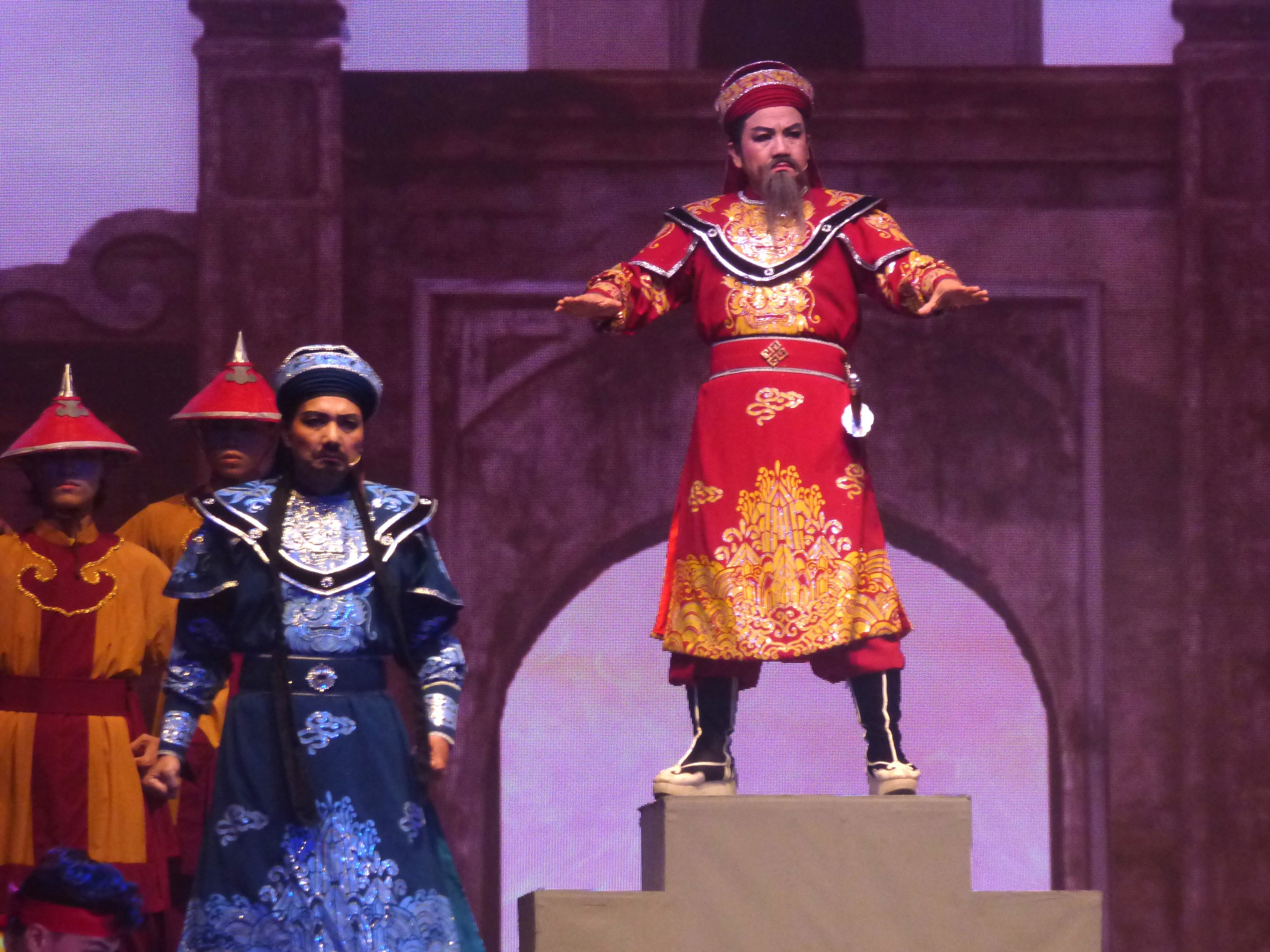
The play Gia Dinh Citadel Epic by Tran Huu Trang Theater
The epic of Gia Dinh citadel was funded by the state, so it was relatively "easy". The difficulty was that there had to be a "green eye" to see and support the author when he "conceived" the script, then the "child" could be born. Author Pham Van Dang said: "I love history very much. When reading the history of Saigon - Gia Dinh, I found the battle of Long Tau river very interesting, and General Vo Duy Ninh also needed to be honored. I then presented it to the leaders of Tran Huu Trang Theater, then presented it to Ms. Nguyen Thi Thanh Thuy, Deputy Director of the Department of Culture and Sports of Ho Chi Minh City. Ms. Thuy enthusiastically told me to write, and even found more documents to help me, and gave me ideas to perfect the script. The script was included in the theater's plan and quickly staged."
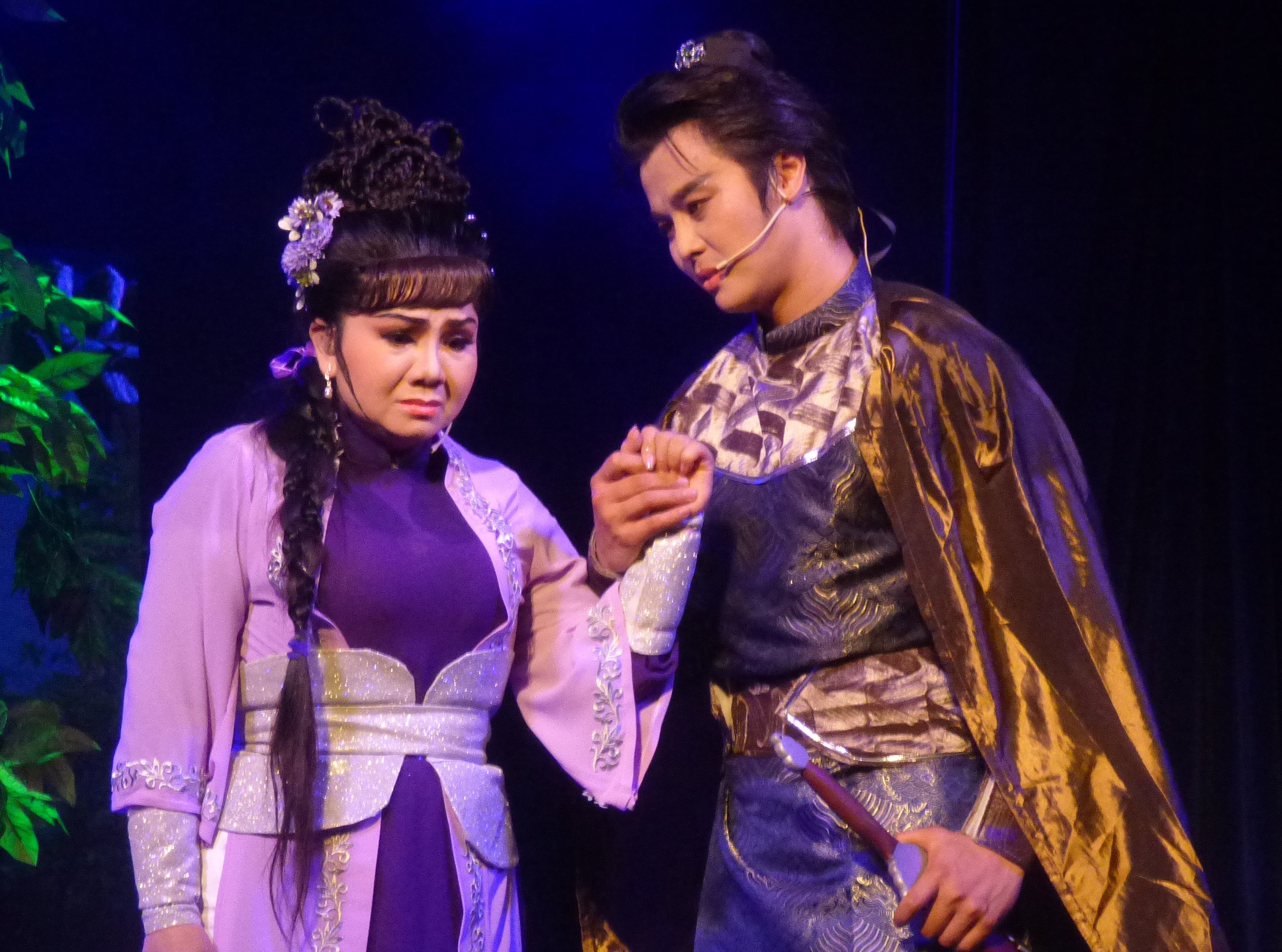
The play Thunder echoes on the Nhu Nguyet River by the Chi Linh - Van Ha group
The play Thunder echoes along the Nhu Nguyet river is the effort of Meritorious Artist Chi Linh when he was very strong in classical opera and Cantonese opera, now switching to traditional opera. He said: "There are many difficulties. First is the script, it is not easy to find a new script, a good script". He said that the author Yen Ngan is an accountant of a company but she is very passionate about opera, participating in clubs, then studying the script together, writing short excerpts for the actors to perform. Then she sent the long script, Chi Linh saw that the rhythm was good, it was dramatic so he immediately implemented it. Of course, he is a veteran director so he has suggestions, edits, and support to perfect the script, but he welcomes young writers who have helped opera have new works.
The royalties for author Pham Van Dang with the play Khuc trang ca thanh Gia Dinh are known to be quite satisfactory, because it is the state budget for public units. With such royalties, authors will have a worthy motivation to invest in their brainpower, because writing historical plays requires a long time to find and research materials, sometimes a whole year, or 2-3 years to write a script that meets quality requirements.
As for socialized authors, they only receive royalties by the number of copies, for example, Yen Ngan of Thunder and Flow of Nhu Nguyet receives 8 million/copy, and… no one knows when there will be a second copy. We cannot force socialized authors to pay more, because they have many other expenses.
DIFFICULT TO FIND MATERIALS
Traditional cải lương is indeed competing in terms of attractiveness with other forms, such as drama, film, and music.
Cai luong with historical themes has another difficulty in terms of materials. Our country has gone through many wars, both written and physical documents have been destroyed, so they are always lacking and obscure. If the script is to be attractive, the author must add more fiction, and fiction is always afraid of being "scrutinized". Meanwhile, Ho Quang plays have a huge store of Chinese stories available for adaptation and fiction. Now there are even units that take Chinese films and rewrite them into Cai Luong scripts, and no one can find fault with them. Therefore, when performed, Ho Quang plays are extremely attractive with rich characters and details.
Author Pham Van Dang confided: "To make traditional Cai Luong, we must both ensure the accuracy and truthfulness of history and the appeal of art, which is extremely difficult. Luckily, in the story of Long Tau River, I read that there was a team of female soldiers, just a few sentences, without explaining anything more, but that was the "obscure point" for me to create, to create characters for many female artists of Tran Huu Trang Theater. Writing about a war with only men is boring, there must be the image of a beautiful woman, there must be love to make it sweeter".
LIMITED PRODUCTION COSTS
There is no shortage of human resources and talents in Cai Luong, but why do they dare not venture into traditional Cai Luong? The reason is funding. Tran Huu Trang Theater is a public unit, so the funding is provided by the state, which is not too bad. However, the state only provides public units with 1 or 2 plays/year, which is not much compared to the population in the city.
Socialized units such as Chi Linh - Van Ha theater and Dai Viet theater spend billions of dong to produce, sometimes earning back only half. Chi Linh said: "Staging Ho Quang plays is less expensive, because costumes are easy to rent, easy to use for many plays, sometimes the main artist takes care of the costumes himself to his liking. The number of days to practice the play is also less, because the form and choreography are all ready. As for traditional plays, the number of days to practice is very long, because they have to practice new, practice carefully, and be precise in every detail. The costumes also have to be researched precisely, designed carefully, and made entirely new." Just the theater rental, staff and artist salaries, and all other expenses, amount to 150 - 200 million dong per night. Selling tickets is at risk of losing money, so he has not dared to re-perform Sam vang dong nhu nguyet any more shows.
In such a situation, the only way left is for the government to intervene. The Department of Culture and Sports has promised to provide funding for the play Khuc Truong Ca Thanh Gia Dinh to tour the districts. But for socialized units, I think there should also be some care to encourage them with specific policies. Otherwise, if the stage is too difficult, people will sing Ho Quang to make a living, it is hard to blame them. They can save money to stage a traditional play every now and then to ease their guilt, but they will have to rely on Ho Quang for their daily bread and butter.
Source: https://thanhnien.vn/gian-nan-lam-cai-luong-thuan-viet-185240624222537951.htm


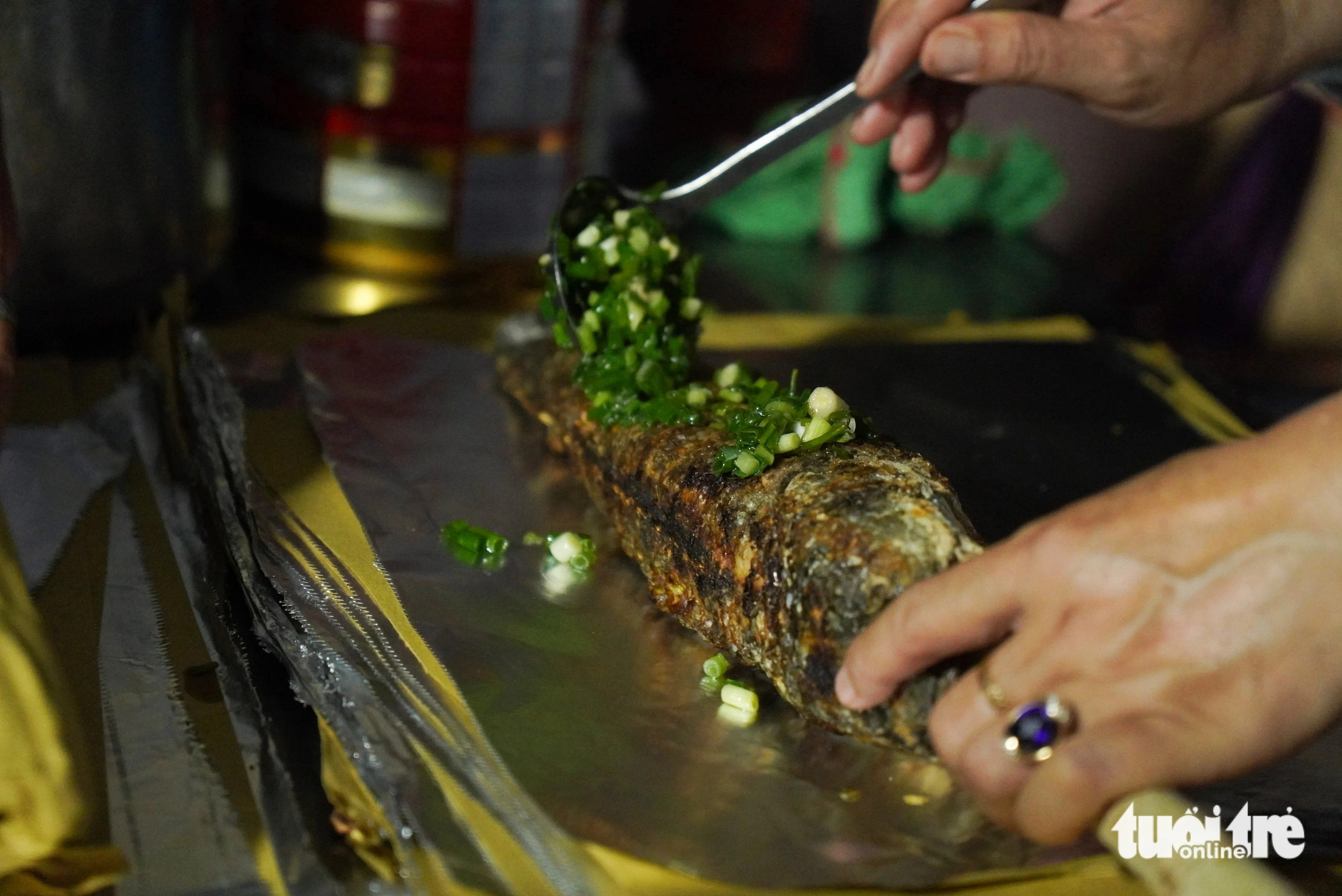



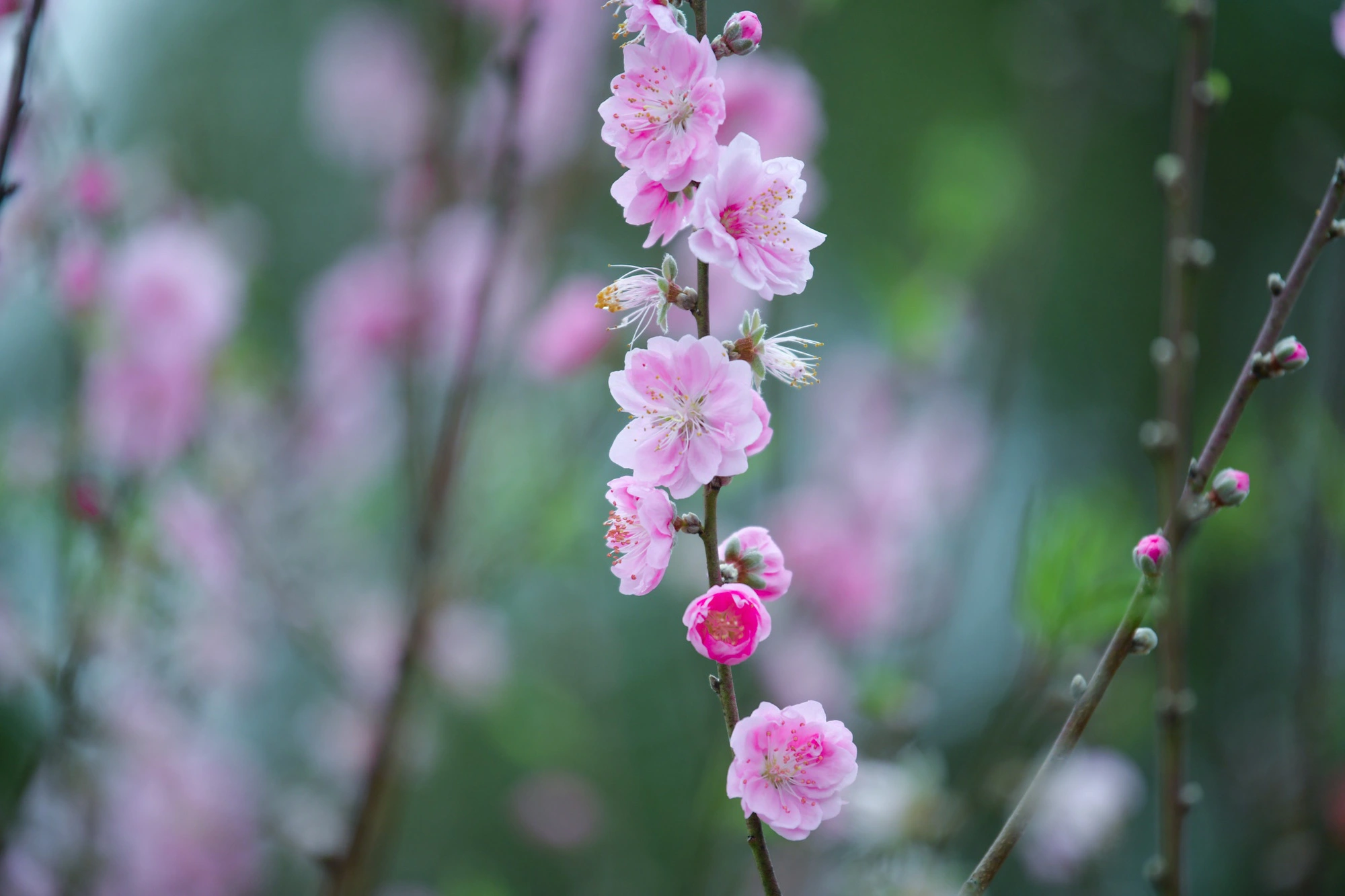























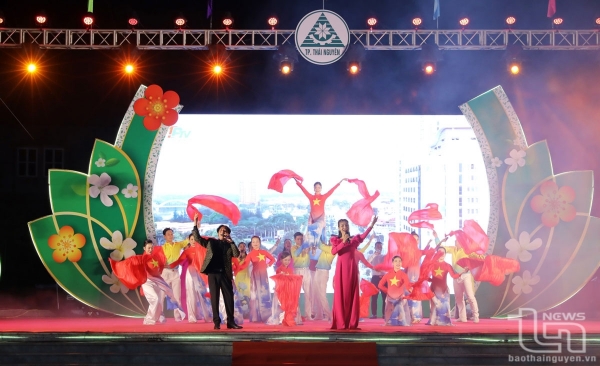

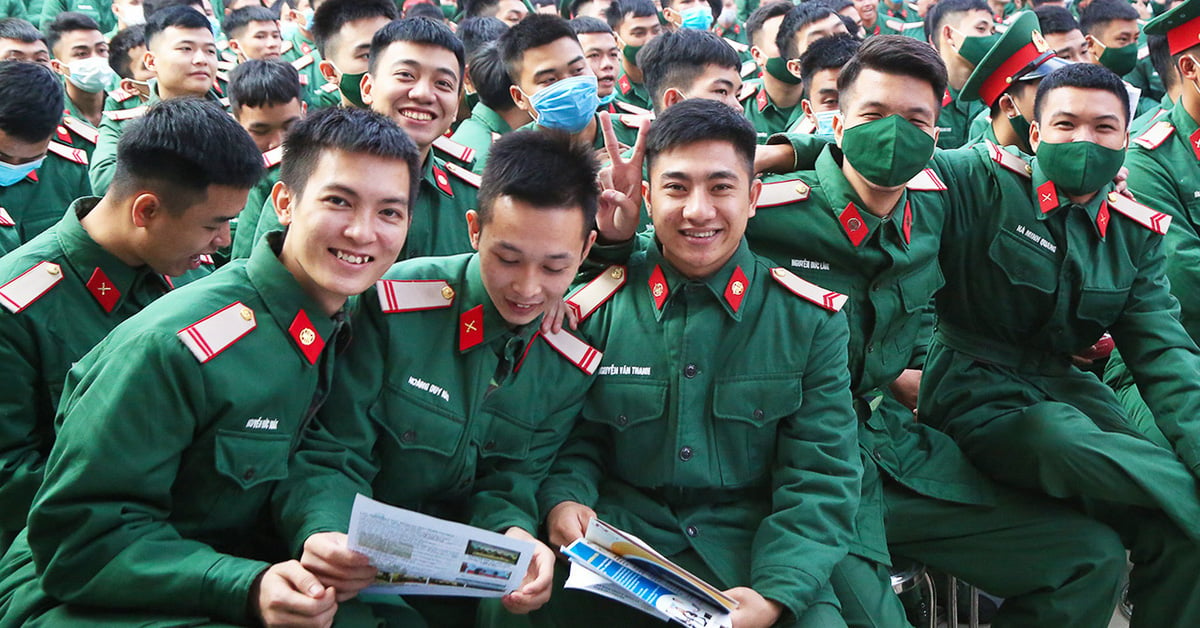

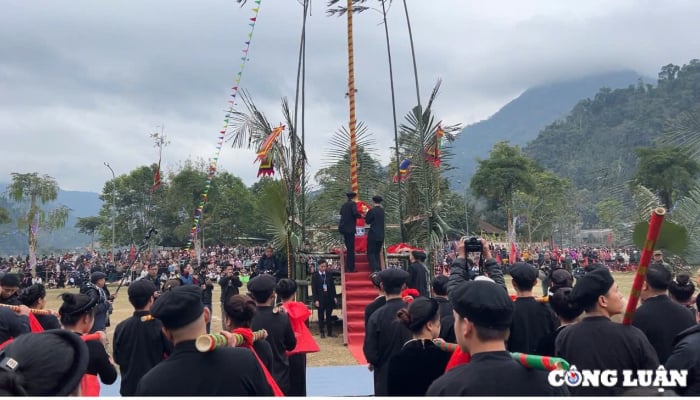

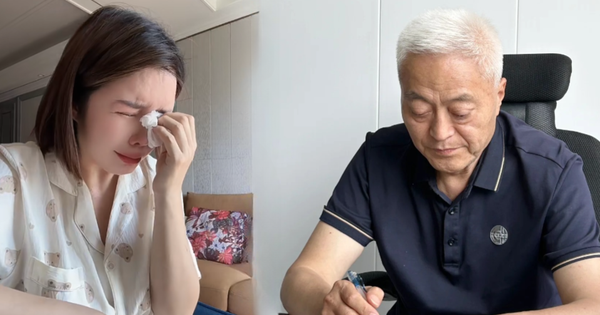

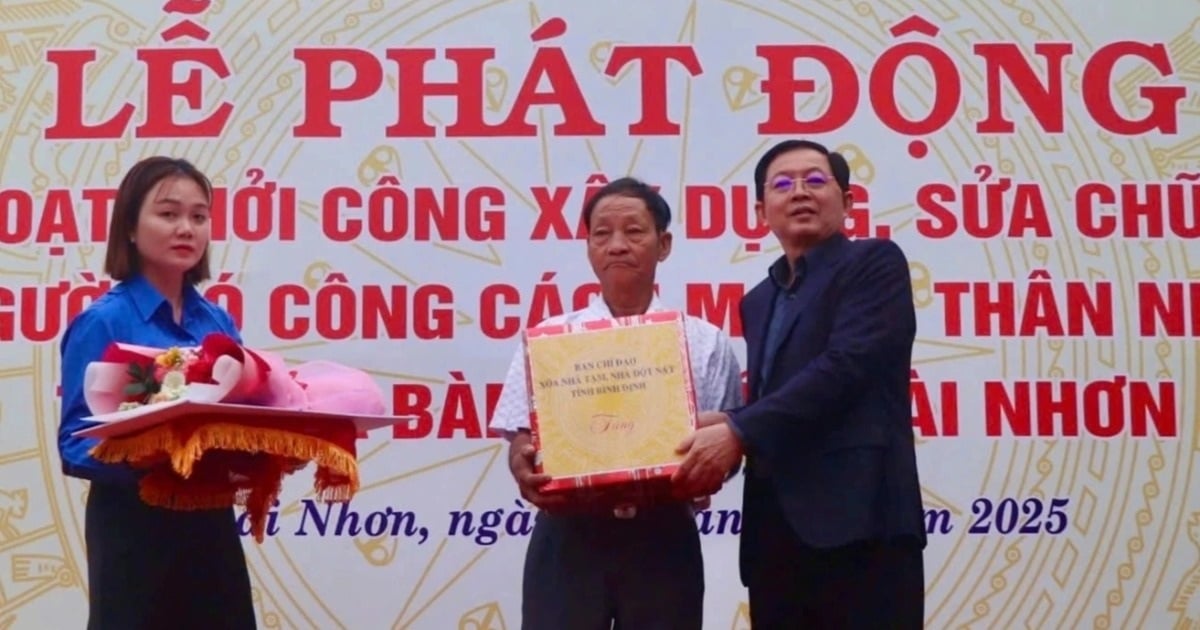

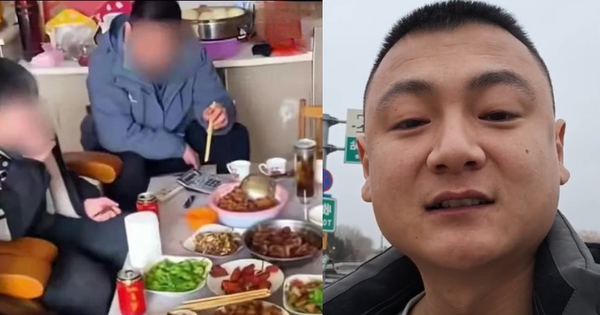




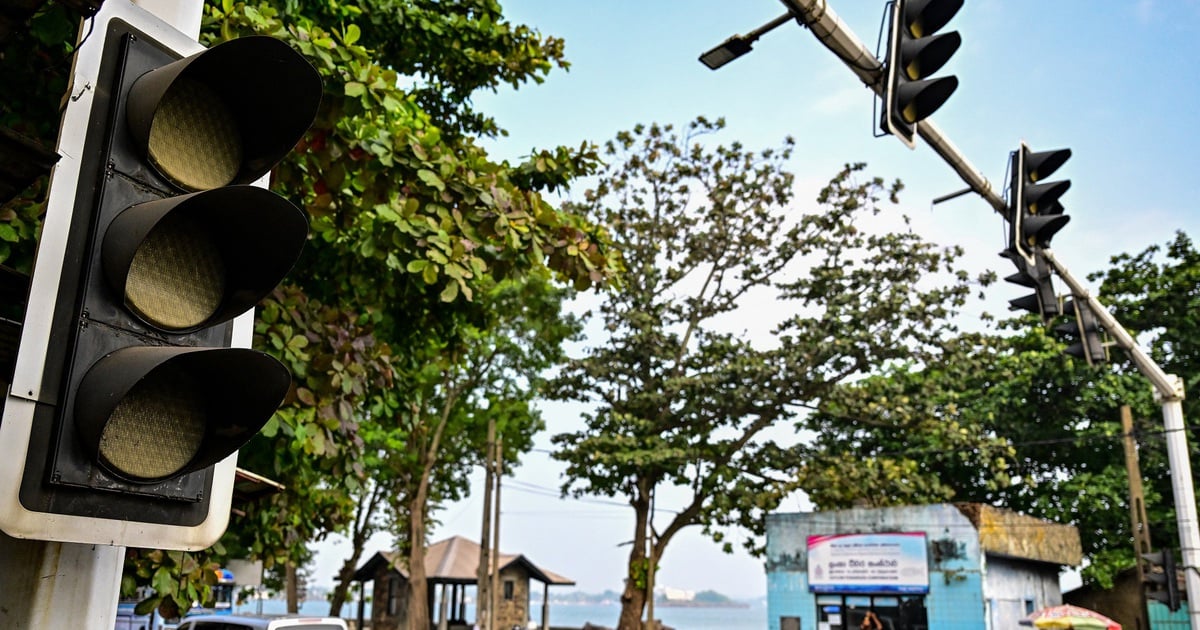

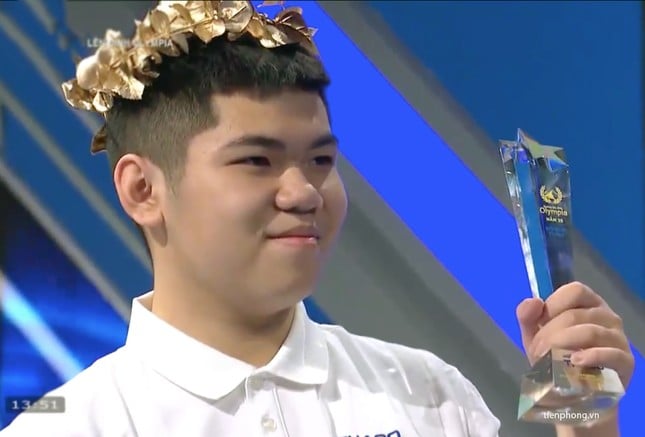

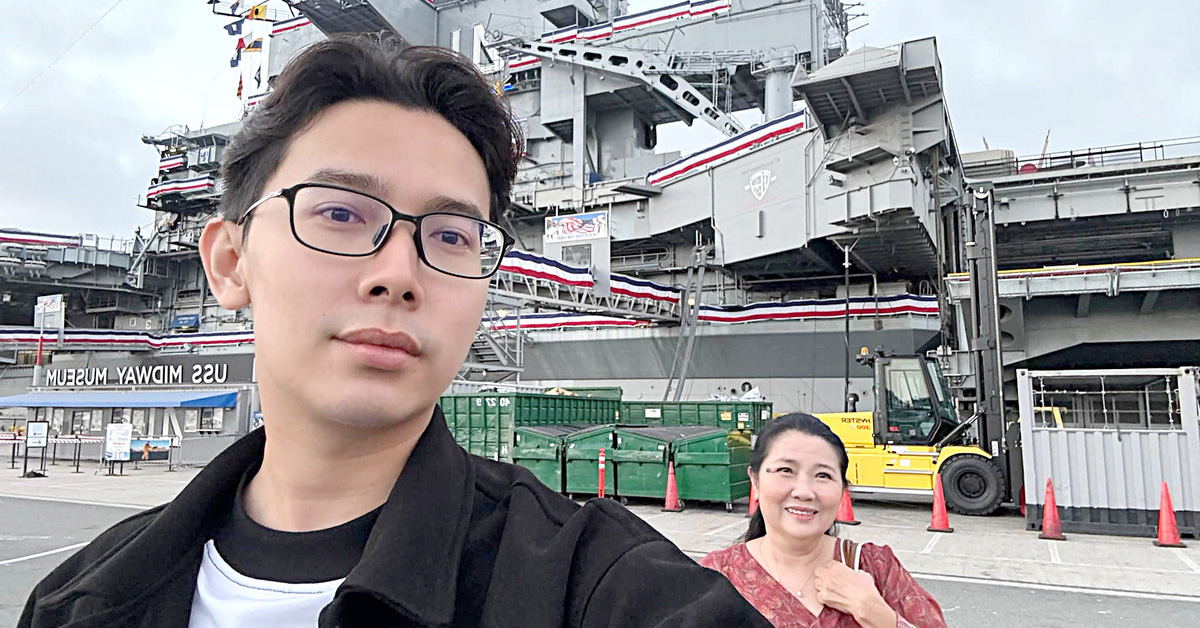
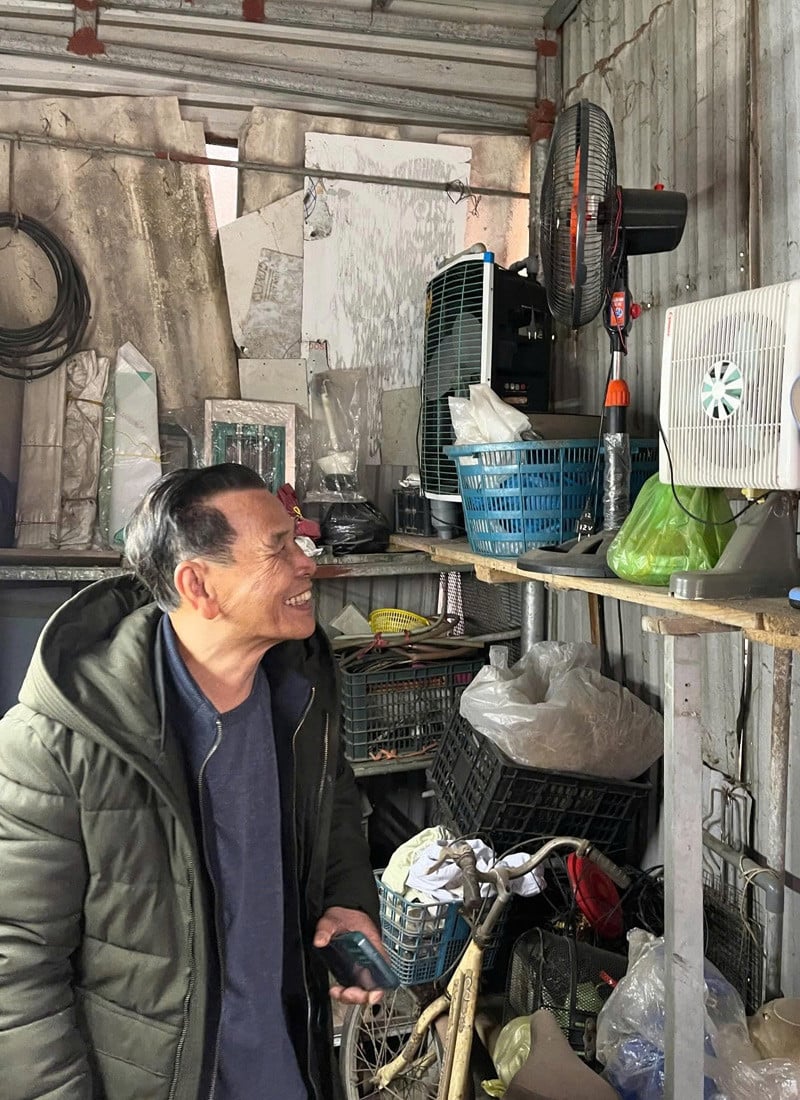

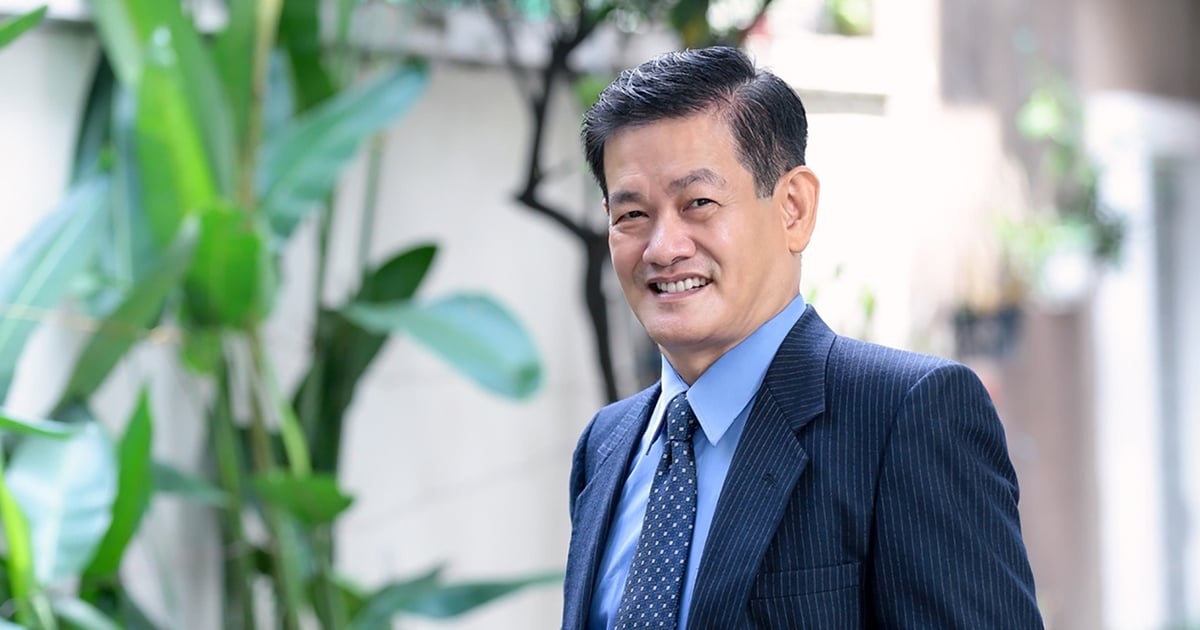

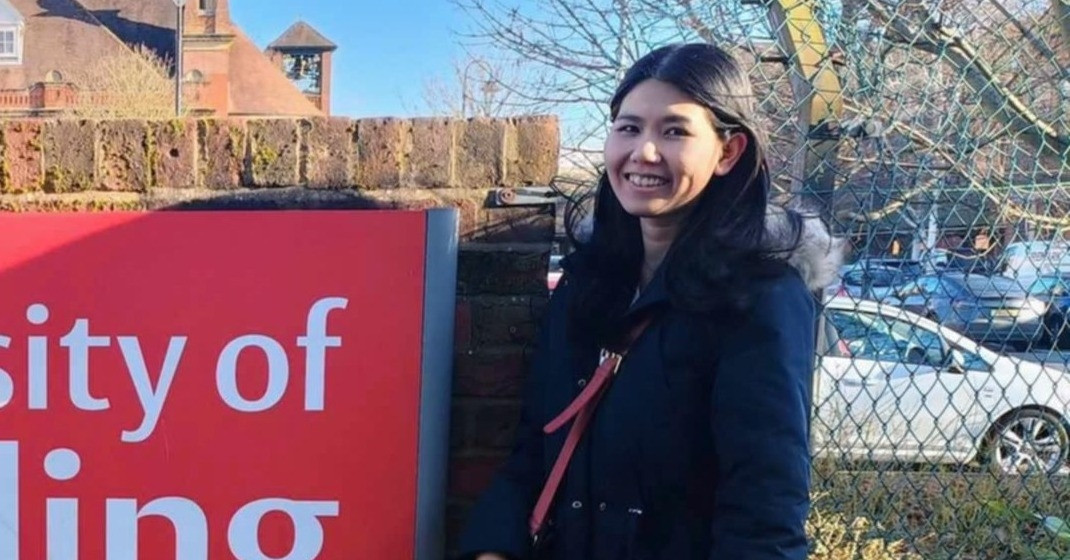




Comment (0)